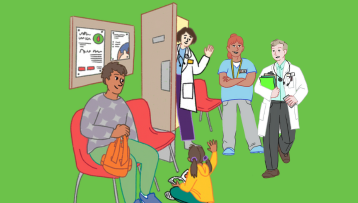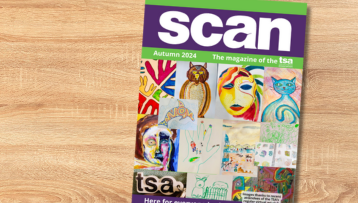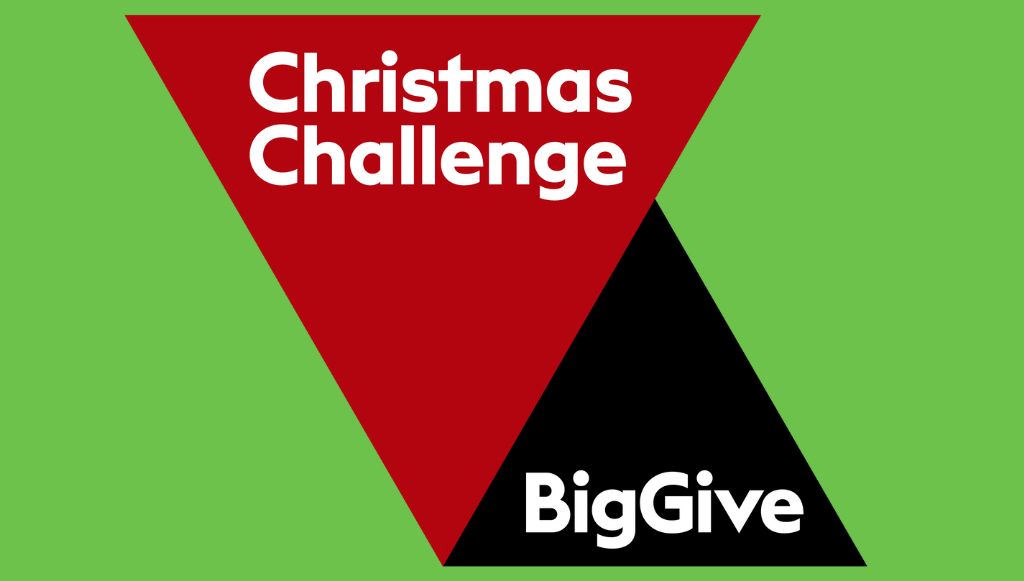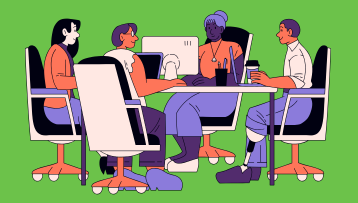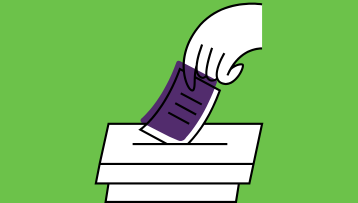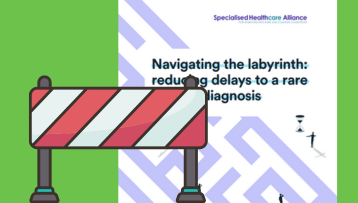Whether its school meals, uniforms or transport, costs in education can all add up, especially for the TSC community. To help with this, it’s important you’re accessing all the support you’re eligible for
Free school meals
The school’s governing body must provide a free meal to your child if they’re:
- Attending a primary school in London
- In the first three years of primary school in England or Scotland
- Attending a maintained primary school in Wales
- Are boarding at a special school or have special educational needs requiring a special diet in Northern Ireland
- In possession of an Education, Health and Care (EHC) Plan and you are receiving Universal Credit (England only)
- Aged 16 or younger, and you are in receipt of certain benefits, including:
- Income Support
- Income-based Job Seekers Allowance
- Income-related Employment and Support Allowance
- Pension Credit (guarantee credit)
- Child Tax Credit with a taxable income below £16,190 in England, or £17,005 in Scotland
- Universal Credit (depending on your earnings and where you live in the UK):
- England and Wales – annual net earnings of £7,400 or less
- Scotland – net earnings of £660 or less in the month before you qualify
- Northern Ireland – annual net earnings of £14,000 or less
- In Scotland and Northern Ireland, you also qualify if you receive Working Tax Credit, if your taxable income is less than £7,920 in Scotland or £16,190 in Northern Ireland
School transport
Contact your local authority to find out what support is available for school transport in your area. You can also find out more about support with transport costs through Contact (charity for families with disabled children).
School uniforms
Contact your local authority for information on help with school uniform costs in your area. The rules vary from area to area.
You can access a grant for school uniform in Wales if you are eligible for free school meals or starting reception or Year 7.
Disabled Students’ Allowance (DSA)
You may be eligible for Disabled Students Allowance (DSA) if you are a higher-education student with greater support needs. DSA can cover equipment, travel or non-medical help such as an interpreter.
You can find out more about DSA on the government website, depending where you live in the UK:
16-19 bursary (England)
Your young person may be eligible for a bursary to support with education-related costs if they’re 16-19 and study at a publicly-funded school or college or are on unpaid training or work experience.
Your child may be able to get the bursary if any of the these apply:
- They’re in or recently left local authority care
- They get Income Support or Universal Credit because they’re financially supporting themselves
- They get Disability Living Allowance (DLA) or Personal Independent Payment (PIP) and either Employment and Support Allowance (ESA) or Universal Credit
- The amount they may get depends on their costs and what they need for their course. This might include money for books, equipment or travel costs to school or college.
If they do not meet the above eligibility criteria, young people can also apply for a discretionary bursary if they are aged 19 and over and either are continuing a course they started aged 16-18 or have an EHC plan. The education provider will decide whether to award the bursary.
You can find more information on bursaries on the government website.












